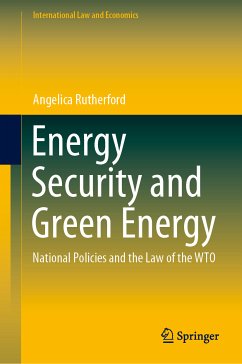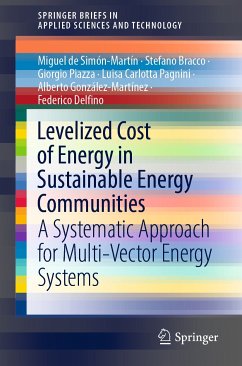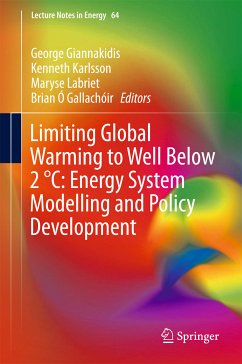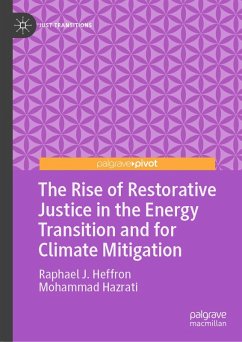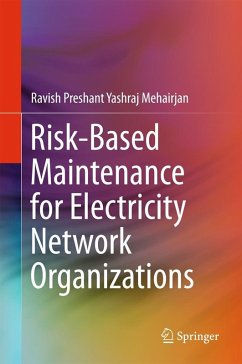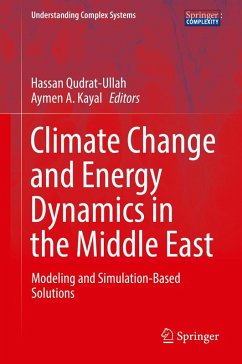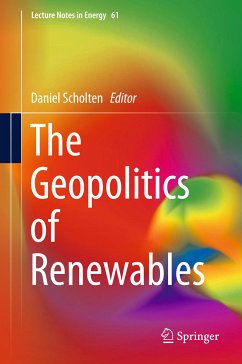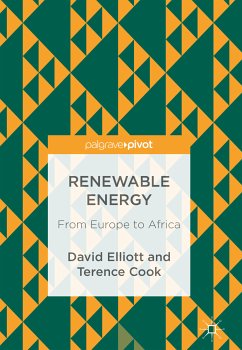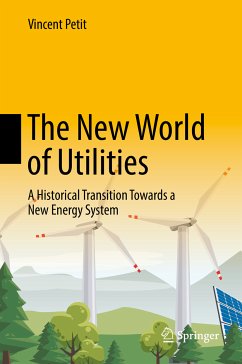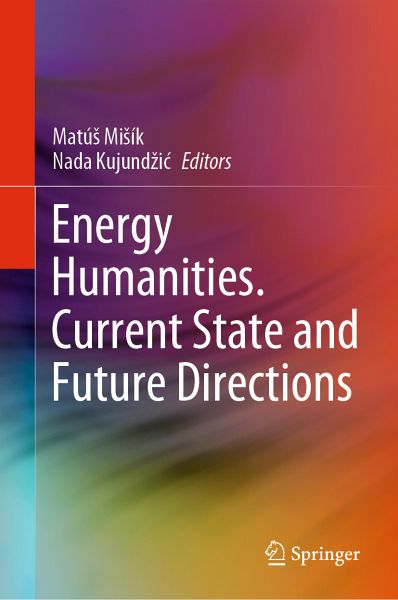
Energy Humanities. Current State and Future Directions (eBook, PDF)
Versandkostenfrei!
Sofort per Download lieferbar
Statt: 128,39 €**
88,95 €
inkl. MwSt.
**Preis der gedruckten Ausgabe (Gebundenes Buch)
Alle Infos zum eBook verschenkenWeitere Ausgaben:

PAYBACK Punkte
44 °P sammeln!
This edited book explicitly deals with the energy humanities, summarising existing knowledge in the area and outlining possible future directions for the nascent field. Assuming a variety of disciplinary stances and using a plethora of methodologies to address a number of pressing energy-related issues, the individual contributions showcase the crucial importance of including the humanities and social sciences into the current discussion on energy. Furthermore, they illustrate one of the central claims of the energy humanities, namely, that energy permeates all aspects of our contemporary mode...
This edited book explicitly deals with the energy humanities, summarising existing knowledge in the area and outlining possible future directions for the nascent field. Assuming a variety of disciplinary stances and using a plethora of methodologies to address a number of pressing energy-related issues, the individual contributions showcase the crucial importance of including the humanities and social sciences into the current discussion on energy. Furthermore, they illustrate one of the central claims of the energy humanities, namely, that energy permeates all aspects of our contemporary modes of existence, and is inextricably linked with historical, political, social, ideological, and cultural issues, relationships, and practices.
Energy Humanities and Energy Transition presents a variety of theories, methods, topics, and disciplinary angles, meaning it will be of interest to a wide audience, from practitioners and policy makers, to students and researchers working across the humanities and social sciences. The thematically oriented structure, distinct focus of each individual chapter, and the comprehensive introduction and conclusion that contextualize the contributions within the wider framework of energy transition, make this edited book accessible to readers from many different fields and suitable for various university programs.
Dieser Download kann aus rechtlichen Gründen nur mit Rechnungsadresse in A, B, BG, CY, CZ, D, DK, EW, E, FIN, F, GR, HR, H, IRL, I, LT, L, LR, M, NL, PL, P, R, S, SLO, SK ausgeliefert werden.



